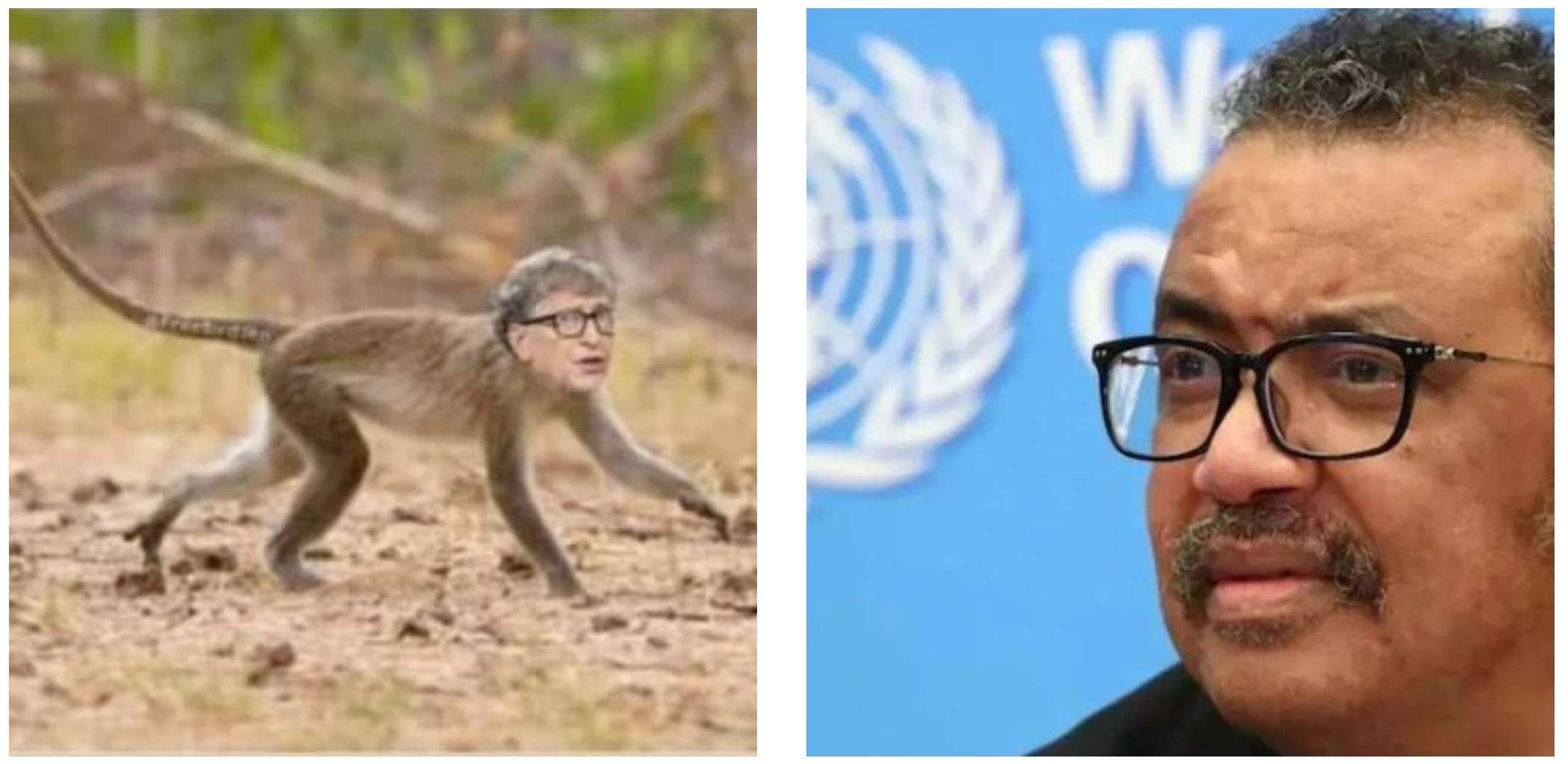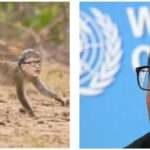Our reporter
The World Health Organization (WHO) has sounded the alarm on a new, highly lethal strain of monkeypox, declaring it a “public health emergency of international concern” and urging governments worldwide to prepare for stringent lockdowns.
This move comes amid fears that the rapidly spreading virus could trigger a deadly pandemic.
The WHO’s announcement follows the detection of the new monkeypox strain, known as “clade 1b,” which has been primarily reported in central Africa.
The virus, which initially seemed confined to the Democratic Republic of the Congo (DRC), has now spread to neighboring countries including Burundi, Kenya, Rwanda, and Uganda. Health experts warn that the true number of infections is likely much higher than reported, with many cases going untested in these regions.
“This is an emergency not only for Africa but for the entire globe,” stated Professor Dimie Ogoina, Chair of the WHO emergency committee. “The current upsurge of mpox in parts of Africa, along with the spread of a new sexually transmissible strain of the monkeypox virus, is an emergency, not only for Africa, but for the entire globe. Mpox, originating in Africa, was neglected there, and later caused a global outbreak in 2022. It is time to act decisively to prevent history from repeating itself.”
WHO Director-General Tedros Adhanom Ghebreyesus echoed these concerns, expressing deep worry over the potential for further spread within Africa and beyond. “The detection and rapid spread of a new clade of mpox in eastern DRC, its detection in neighboring countries that had not previously reported mpox, and the potential for further spread within Africa and beyond is very worrying,” Tedros said.
The new clade of monkeypox is significantly more dangerous than the strain that caused a global outbreak in 2022. According to the Centers for Disease Control and Prevention (CDC), clade 1b could have a fatality rate as high as 10%, a stark contrast to the less than 1% mortality rate associated with the 2022 outbreak.
Moreover, this strain is reportedly easier to transmit, with cases spreading through both sexual contact and non-sexual routes, such as within households and between individuals in close proximity.
The virus has particularly affected children, raising additional concerns about its impact. Dr. Boghuma Titanji, an infectious diseases expert at Emory University, suggested that social factors like overcrowding and exposure to infected family members could be contributing to the high infection rates among children.
John Claude Udahemuka, a lecturer at the University of Rwanda, described the new strain as “undoubtedly the most dangerous of all the known strains of mpox.” Reports have emerged of the virus causing severe complications, including miscarriages and blindness.
As the situation unfolds, the WHO is not only focusing on monkeypox but also keeping a close eye on 37 other “priority pathogens” that could potentially spark future pandemics. These include Lassa Fever, Ebola, Zika virus, and various strains of influenza, among others.
The world, still reeling from the impact of the COVID-19 pandemic, now faces the daunting prospect of another global health crisis. The WHO’s call for lockdown preparations underscores the severity of the threat posed by this new strain of monkeypox.
As nations brace for potential outbreaks, the global community is reminded of the ever-present danger of emerging infectious diseases and the critical importance of swift, coordinated responses to prevent catastrophic outcomes.
Get a premium automobile insurance coverage for your vehicle for as low as #15000 only and claim up to #3,000,000 in damages @Zenith Insurance To signup: WhatsApp/Call: +2349028313757







